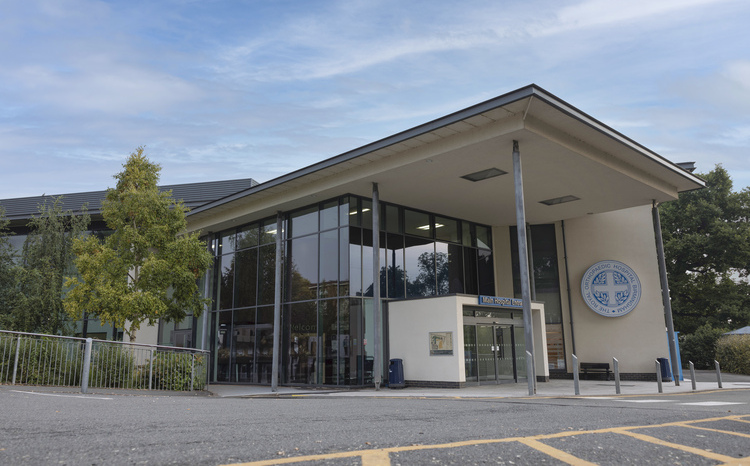NHS to trial AI tool that predicts health risks and early death
- 25 October 2024

- The NHS in England is to trial an AI tool that can predict patients’ risk of heart disease and early death using an electrocardiogram (ECG)
- The technology, known as AIRE, correctly identified the risk of a patient dying within 10 years in 78% of cases
- Trials of AIRE are planned at Imperial College Healthcare NHS Trust and Chelsea and Westminster Hospitals NHS Foundation Trust in 2025
The NHS in England is to trial an AI tool that can predict patients’ risk of developing and worsening heart disease, and their risk of early death, using an electrocardiogram (ECG).
Researchers at Imperial College London and Imperial College Healthcare NHS Trust used large sets of data from international sources to train the AI model to analyse an ECG and predict which patients went on to experience new disease, worse disease, or death.
The technology, known as AI-ECG risk estimation, or AIRE, is trained to read ECG test results, which depict the flow of electrical signals within, and between different chambers of the heart.
A study, published in Lancet Digital Health on 24 October 2024, found that the tool was able to correctly identify the risk of death in the 10 years following an ECG (from high to low) in 78% of cases.
Trials evaluating the benefits of implementing AIRE with patients are planned to begin at Imperial College Healthcare NHS Trust and Chelsea and Westminster Hospitals NHS Foundation Trust in 2025.
Dr Fu Siong Ng, reader in cardiac electrophysiology at Imperial College London and consultant cardiologist at Imperial College Healthcare NHS Trust and Chelsea and Westminster Hospital NHS Foundation Trust, said: “Our work has shown that this AI model is a credible and reliable tool that could, in future, be programmed for use in different areas of the NHS to provide doctors with relevant risk information.
“This could have a positive impact on how patients are treated, and ultimately improve patient longevity and quality of life. It could also reduce waiting lists and allow more efficient allocation of resources. We believe this could have major benefits for the NHS, and globally.
“The important next step is to test whether using these models can actually improve patient outcomes in clinical studies.”
Researchers at Imperial believe that the AI tool could be used in the NHS within five years.
Professor Bryan Williams, chief scientific and medical officer at the British Heart Foundation, which funded the research, said: “This large, exciting study offers a glimpse into how AI could be used to improve diagnosis of heart disease.
“ECGs have been used to assess the heart for over a century, and this research has demonstrated the extraordinary power of AI to gain important health insights from a routine test.
“This could take the use of ECGs beyond what has previously been possible, by helping assess risk of future heart and health problems, as well as risk of death.
“We look forward to seeing how AI can be piloted in routine clinical practice and how this will help accelerate and inform clinical decision-making, ensuring patients receive the most timely and effective treatment and support.”




